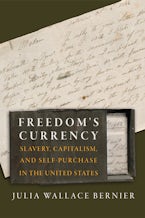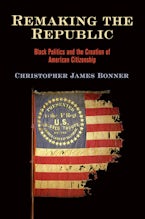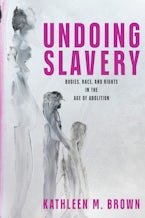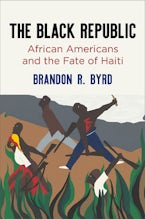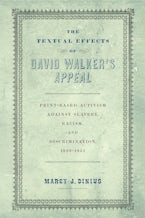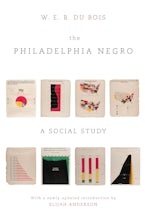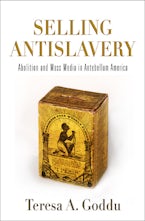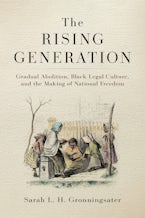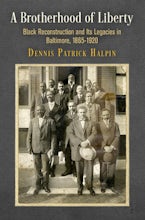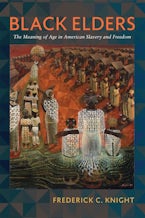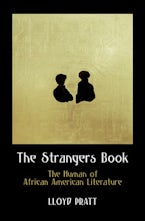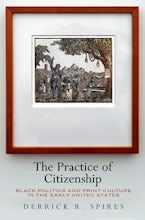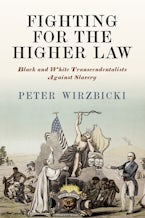Juneteenth is a holiday marking the anniversary of June 19, 1865—the date Major General Gordon Granger arrived in Galveston, Texas, and delivered General Order No. 3 announcing the end of legalized slavery in Texas. Since the following year and continuing to this day, it has been celebrated by people of African descent in the United States as a commemoration of the effective end of slavery in the United States. As the Library of Congress notes, Juneteenth is a “symbolic date” representing the African American struggle for freedom and equality as well as a celebration of family and community, and it is also celebrated by people in Canada, Jamaica, Nigeria, the United Kingdom, and other countries throughout the world.
In 1979, Texas became the first state to recognize Juneteenth as a state holiday, with many other states gradually following suit in the ensuing decades. On June 17, 2021, President Joseph R. Biden, Jr. signed into law the bill that established Juneteenth National Independence Day, June 19, as a federal holiday.
To honor Juneteenth, Penn Press has curated a collection of our recent and forthcoming titles that explore historical context and themes related to Juneteenth, which you can browse below.
Freedom's Currency
Julia Wallace Bernier
The first comprehensive study of self-purchase in the United States from the American Revolution to the Civil WarEnslaved people lived in a world in which everything had a price. Even freedom. Freedom’s...
Remaking the Republic
Christopher James Bonner
Citizenship in the nineteenth-century United States was an ever-moving target. The Constitution did not specify its exact meaning, leaving lawmakers and other Americans to struggle over the fundamental...
Undoing Slavery
Kathleen M. Brown
Undoing Slavery excavates cultural, political, medical, and legal history to understand the abolitionist focus on the body on its own terms. Motivated by their conviction that the physical form of the...
The Black Republic
Brandon R. Byrd
In The Black Republic, Brandon R. Byrd explores the ambivalent attitudes that African American leaders in the post-Civil War era held toward Haiti, the first and only black republic in the Western Hemisphere....
Force and Freedom
Kellie Carter Jackson
From its origins in the 1750s, the white-led American abolitionist movement adhered to principles of "moral suasion" and nonviolent resistance as both religious tenet and political strategy. But by...
The Many Resurrections of Henry Box Brown
Martha Cutter
On March 23, 1849, Henry Brown climbed into a large wooden postal crate and was mailed from slavery in Richmond, Virginia, to freedom in Philadelphia, Pennsylvania. “Box Brown,” as he came to be...
The Textual Effects of David Walker's "Appeal"
Marcy J. Dinius
Historians and literary historians alike recognize David Walker's Appeal to the Coloured Citizens of the World (1829-1830) as one of the most politically radical and consequential antislavery texts...
The Philadelphia Negro
W. E. B. Du Bois, Elijah Anderson, Isabel Eaton
In 1897 the promising young sociologist William Edward Burghardt Du Bois (1868–1963) was given a temporary post as Assistant in Sociology at the University of Pennsylvania in order to conduct a systematic...
Selling Antislavery
Teresa A. Goddu
Beginning with its establishment in the early 1830s, the American Anti-Slavery Society (AASS) recognized the need to reach and consolidate a diverse and increasingly segmented audience. To do so, it...
Revolutions and Reconstructions
Van Gosse, David Waldstreicher
Revolutions and Reconstructions gathers historians of the early republic, the Civil War era, and African American and political history to consider not whether black people participated in the politics...
The Rising Generation
Sarah L. H. Gronningsater
Chronicles the history of emancipation through the cradle-to-grave experiences of a remarkable generation of black northernersThe Rising Generation chronicles the long history of emancipation in the...
A Brotherhood of Liberty
Dennis Patrick Halpin
Baltimore is key to understanding the trajectory of civil rights in the late nineteenth and early twentieth centuryIn A Brotherhood of Liberty, Dennis Patrick Halpin shifts the focus of the black freedom...
Black Elders
Frederick Knight
Would there have been a Frederick Douglass if it were not for Betsy Bailey, the grandmother who raised him? Would Harriet Jacobs have written her renowned autobiography, Incidents in the Life of a Slave...
The Strangers Book
Lloyd Pratt
The Strangers Book explores how various nineteenth-century African American writers radically reframed the terms of humanism by redefining what it meant to be a stranger. Rejecting the idea that humans...
I've Been Here All the While
Alaina E. Roberts
Perhaps no other symbol has more resonance in African American history than that of "40 acres and a mule"—the lost promise of Black reparations for slavery after the Civil War. In I've Been Here All...
The Practice of Citizenship
Derrick R. Spires
In the years between the American Revolution and the U.S. Civil War, as legal and cultural understandings of citizenship became more racially restrictive, black writers articulated an expansive, practice-based...
Fighting for the Higher Law
Peter Wirzbicki
How important black abolitionists joined famous Transcendentalists to create a political philosophy to fight slaveryIn Fighting for the Higher Law, Peter Wirzbicki explores how important black abolitionists...

